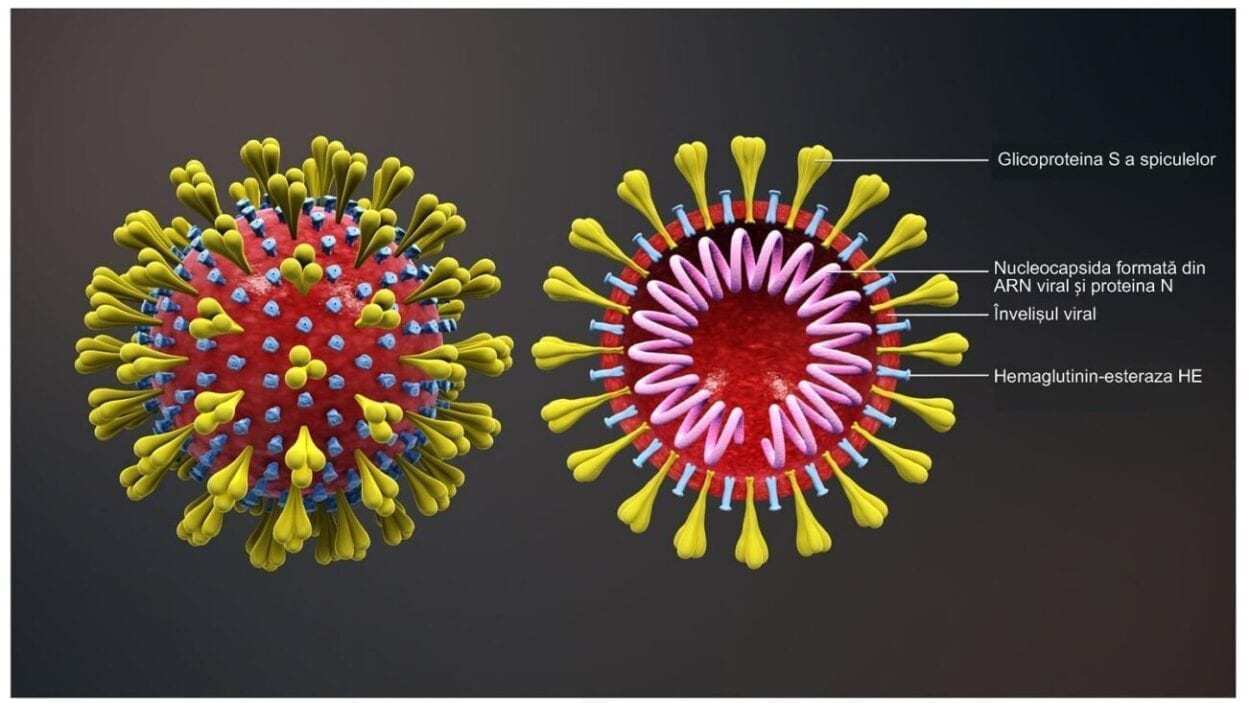The hospital at which I work offered antibody serology tests to all medical staff last Wednesday. The test detects IgG, the immunoglobulin that appears in the blood serum of people infected with COVID-19 sometime beyond 14 days from the time of infection. The hospital uses the Abbott Labs Architect serology test, which shows 99.6 percent specificity and 100 percent sensitivity, meaning false negatives and false positives are highly unlikely. A positive IgG test means the person tested was previously infected with COVID-19.
In many medical centers, clinical researchers are transfusing seriously ill COVID-19 patients with plasma containing the IgG from previously infected patients, known as “convalescent serum,” with very encouraging results
The following day I received a phone call from the hospital’s medical officer informing me I tested positive. I cannot recall ever having any symptoms: no fever, cough, unusual fatigue, loss of sense of smell or taste, etc.
In my medical practice I interact with numerous patients who may or not be contagious. Our clinicians and staff take all of the recommended precautions (masks, frequent handwashing, disinfecting surfaces, screening patients for fever and/or symptoms). Based upon the IgG findings, I likely became infected with COVID-19 at least 3 or 4 weeks ago, possibly even a couple of months ago.
When I told my wife about my positive test result she went the following day to a local Labcorp testing center to get the same test. Labcorp used the same Abbott Labs Architect test on her blood. The results came back today as NEGATIVE.
Apparently, this is not an uncommon finding. In fact, a recent peer‐reviewed study published in the journal Respiratory Medicine suggests that asymptomatic carriers may not be nearly as contagious as we originally believed. This may help explain why not everyone quarantined on the Diamond Princess and other cruise ships became infected.
On further reflection, this all makes sense intuitively. If a person is asymptomatic then they are not coughing, sneezing, or otherwise engaging in activities that help spread the virus. In fact, from an epidemiological and teleological perspective, asymptomatic patients should probably make very poor vectors to propagate a virus species.
An important caveat: this is an anecdotal report of a single case study. But it does provide food for thought.
Jeffrey A. Singer is a Senior Fellow at the Cato Institute and works in the Department of Health Policy Studies. He is principal and founder of Valley Surgical Clinics, Ltd., the largest and oldest group private surgical practice in Arizona, and has been in private practice as a general surgeon for more than 35 years. He is also a Visiting Fellow at the Goldwater Institute in Phoenix, Arizona. He is a member of the Board of Scientific Advisors of the American Council on Science and Health.

